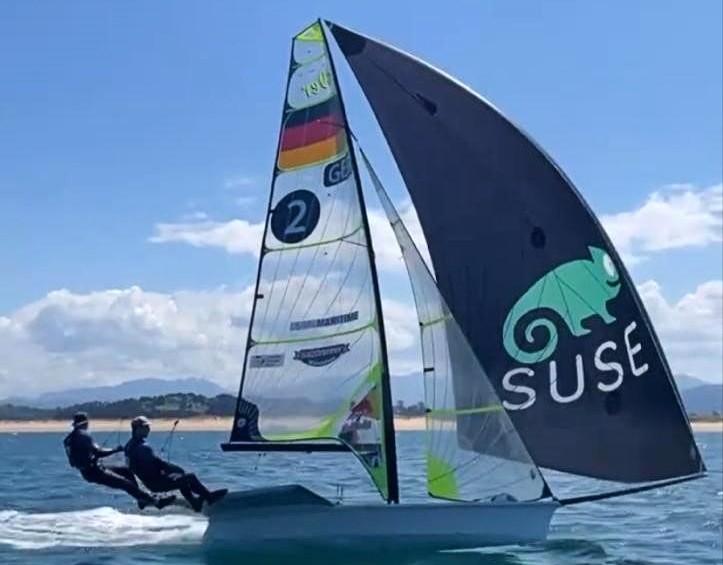Four weeks ago, the German-headquartered software supplier SUSE was listed on the Frankfurt stock exchange, giving it a €5 billion valuation. The IPO was seen as mildly disappointing for the Swedish private equity firm EQT, which had purchased the business specialised in building complex enterprise computer systems based on the Linux platform for just $2.5 billion in March 2019. Coincidentally, details of the transaction that saw EQT acquire the business from the Micro Chip multinational tech conglomerate two years ago have just appeared in accounts filed here by three of its Irish-registered subsidiaries, Novell Cayman Software Unltd and its parents…
Cancel at any time. Are you already a member? Log in here.
Want to read the full story?
Unlock this article – and everything else on The Currency – with an annual membership and receive a free Samsonite Upscape suitcase, retailing at €235, delivered to your door.

